In this installment of her Eat Ireland column, Deputy Editor Jocelyn Doyle brushes up on her traditional cooking skills.
With St. Patrick’s Day on the horizon, there’s been some talk around the Easy Food office about what constitutes traditional Irish cooking. More than the stereotypes that spring straight to mind (namely spuds and stew), I believe that it’s the skills and knowledge involved that make up our real food heritage.
Most of the Irish cooking techniques that have survived through the generations are those based on the simple maxim of “waste not, want not.” In the days before plastic trays of sterile chicken fillets and vacuum-packed steaks were ubiquitous, we were a nation of simple, frugal cooks. It was common for each house to have a small vegetable patch and a couple of chickens; larger households might keep a few pigs or a cow. When a beast was slaughtered, the cook would ensure that the entire animal was used — what trendy restaurants now refer to as “nose-to-tail eating” — both to show respect for the sacrifice of the animal and to maximise the number of meals obtained.
Conserving these skills is something I feel passionate about; I dread the day when our descendants don’t know how to bake bread, make buttermilk, grow carrots or keep chickens. These are just some of the skills that kept our ancestors alive. Once forgotten, they are lost for good.
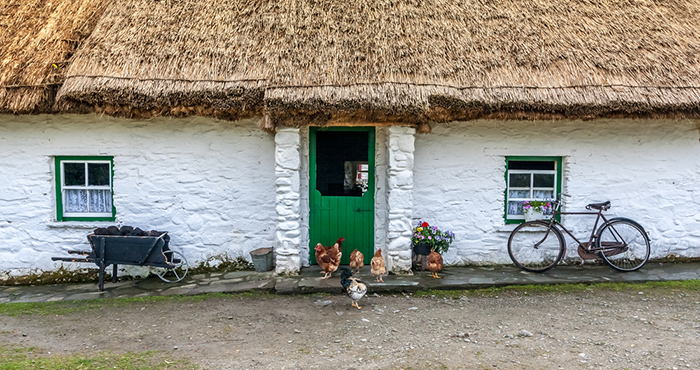
Fortunately, in recent years, there’s been a growing interest in cheaper cuts of meat and old-fashioned techniques such as braising and slow cooking, meaning that foods such as pigs’ trotters and oxtails have reappeared on restaurant menus around the country — one of the more delicious benefits to the demise of the Celtic Tiger, in my opinion. The idea of self-sufficiency is becoming relevant once again, and I hope this will encourage more people into the garden and the kitchen in the footsteps of their forebears.
So where does one turn to learn the food lore and expertise native to our country? Happily, there is an ever-increasing amount of knowledge available on everything from growing your own veg through to cooking itself. As so often, I advise turning to the grand matriarch of Irish food for the first step; get your hands on a copy of Darina Allen’s incomparable Forgotten Skills of Cooking and you won’t look back. Our personal copies are very well worn. If you learn more readily through practical applications, it may be preferable to head straight to Ballymaloe Cookery School for one of their multitude of courses on everything from fermented foods to making your own stock. Similarly, Dingle Cookery School runs a class specifically dedicated to traditional Irish cooking, while The Organic Centre in Co. Leitrim provides over 100 short courses ranging from food production and healthy cooking to crafts and renewable energy.
For those interested in learning how to forage for their food, check out the fantastic Wild Foods Masterclass in Macreddin Village, Co. Wicklow. Learning about the wild foods available along our Irish hedgerows throughout the year is carefully balanced with actual hands-on foraging and, having previously attended myself, I can vouch for the wealth of information imparted. If you’re more green fingers than gatherer, join Grow It Yourself for a variety of resources to help you on your way.
If it’s bread baking that’s piquing your interest, check out the Firehouse Bakery on Heir Island, the Baking Academy of Ireland just outside of Dublin or Riot Rye Bread School in Tipperary. Fish and seafood seem to intimidate a lot of people so, if this is the case, why not head straight to the experts and attend the Seafood Masterclass at the Mourne Seafood Cookery School? For the carnivores out there, Ed Hick’s traditional pork butchers in Dun Laoghaire runs a range of meat-focused options such as sausage-making, curing and cooking with wild venison.
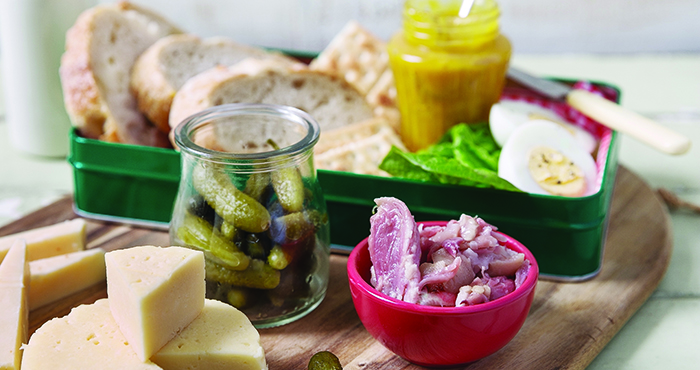
To get you started, here’s a recipe for old-fashioned Irish crubeens, a.k.a. pigs’ trotters. These were traditionally served as pub snacks, and their natural saltiness was the business in terms of encouraging thirsty punters to order another round. Rumour has it they were eventually abandoned by the pubs due to the ever-increasing layer of grease left behind on the pint glasses. Don’t be put off by the fact that they’re an unusual cut these days — they are cheap as chips, insanely easy to prepare and full of flavour.
Last but not least, pass it on. Make sure your children know how to cook for themselves and teach them the culinary skills you learned from your parents. Play your part in Ireland’s food future.
Ballymaloe Cooking School: www.cookingisfun.ie
Dingle Cooking School: www.dinglecookeryschool.ie
The Organic Centre: www.theorganiccentre.ie
Macreddin Village: www.brooklodge.com
Grow it Yourself: www.GIY.ie
Firehouse Bread School: www.thefirehouse.ie
Baking Academy of Ireland: www.bakingacademyireland.ie
Riot Rye Bread School: www.riotrye.ie
Mourne Seafood Cooking School: www.mourneseafoodcookeryschool.com
Hick’s Pork Butchers: www.edhick.com
- summer events
- small business
- gut health
- OATLY
- healthy
- Crudo
- top tips
- All Together Now
- fridge cake
- Events Waterford
- me auld flower
- Events Ireland
- food festival
- news
- dublin
- events Dublin
- dublin festival
- Home-Cooking
- food and drink festival
- online cooking course
- festival line-up
- cooking
- Summer festival
- eco-friendly
- Events
- cosy
- Festivals Ireland
- wine
- Body & Soul
- grapes
- music festival
- south africa
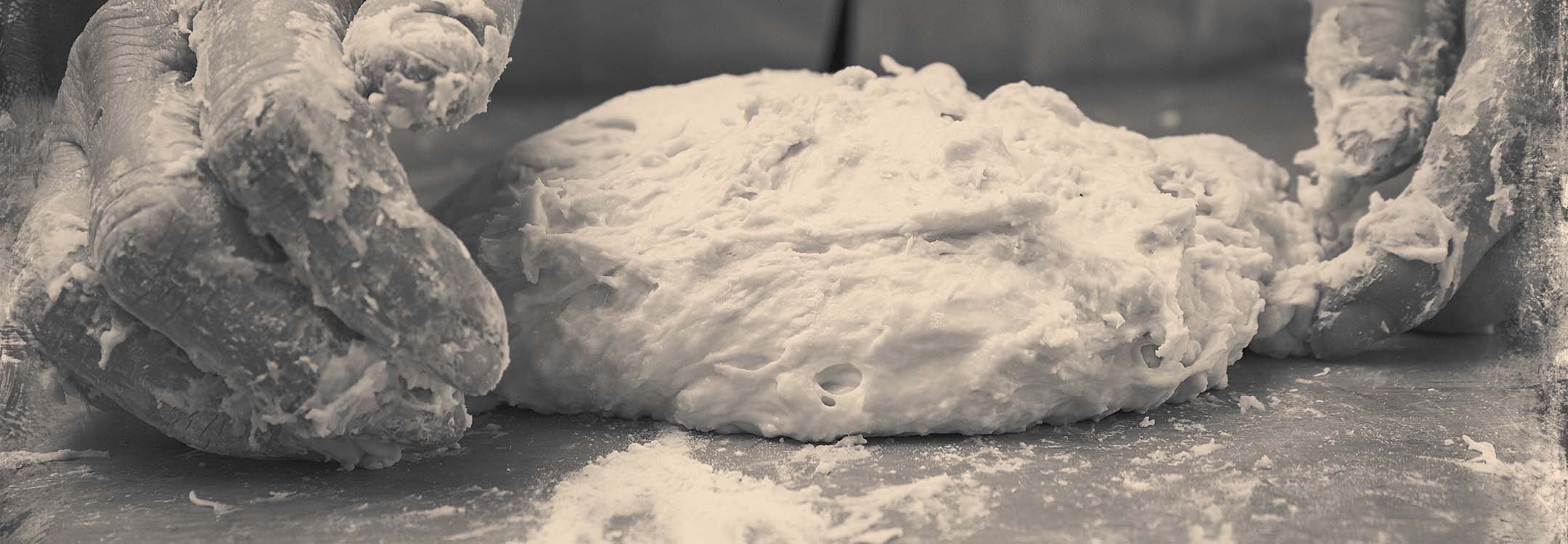
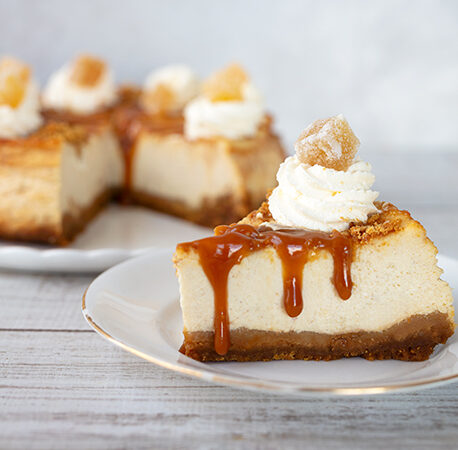
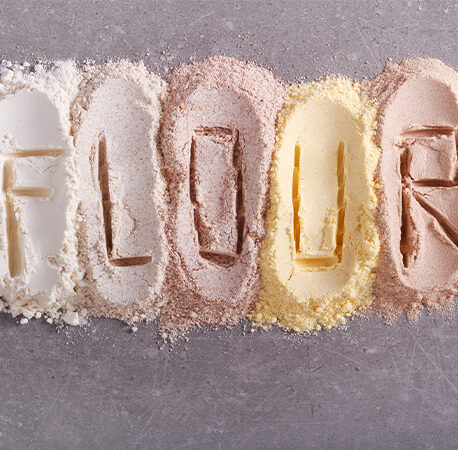
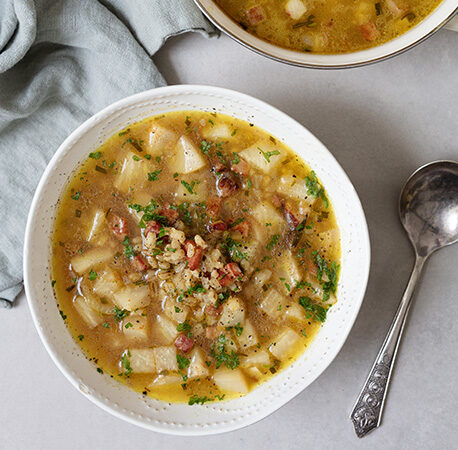
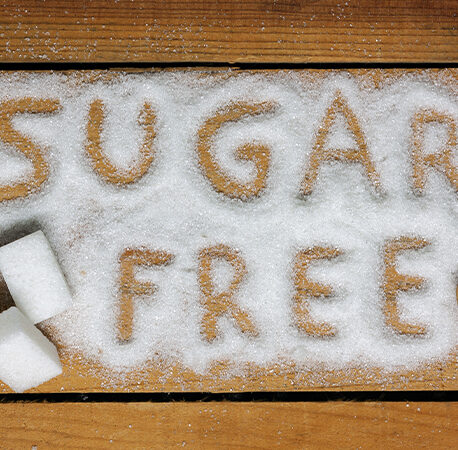
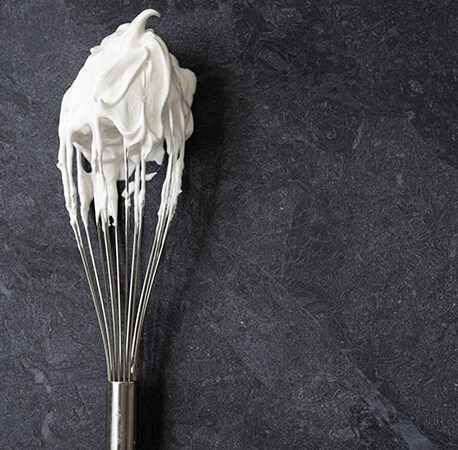
You have to be signed in to comment this post.